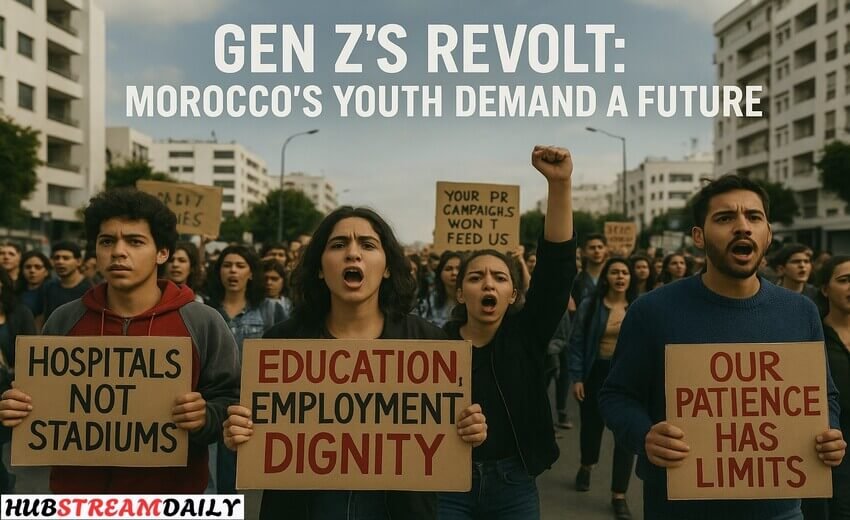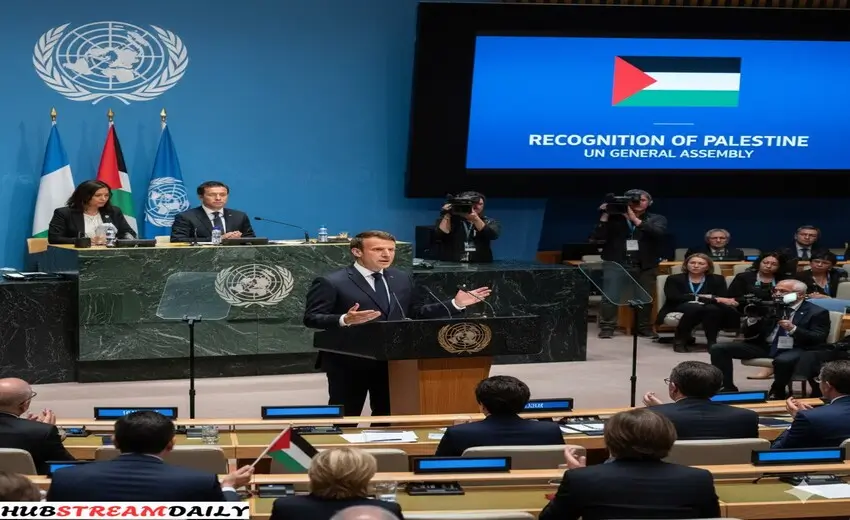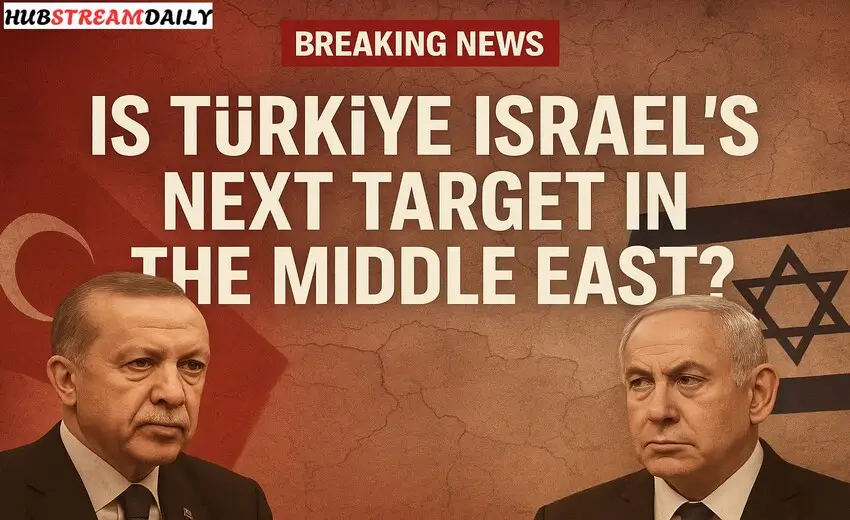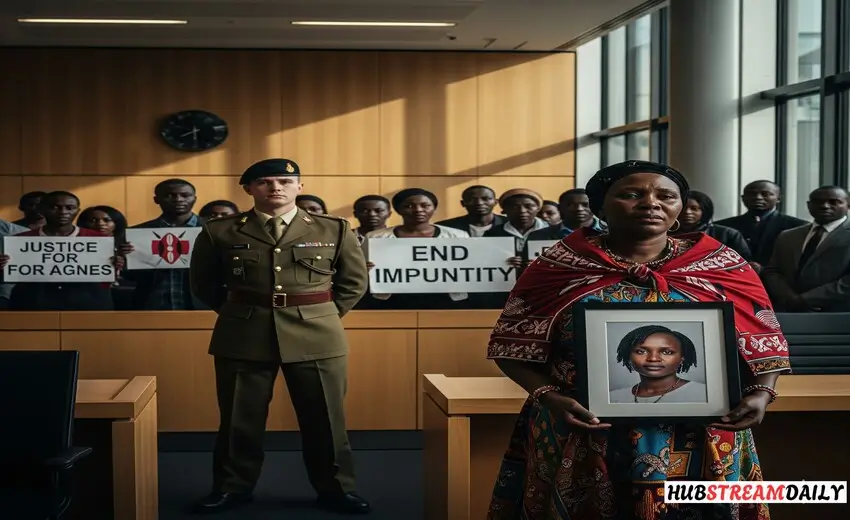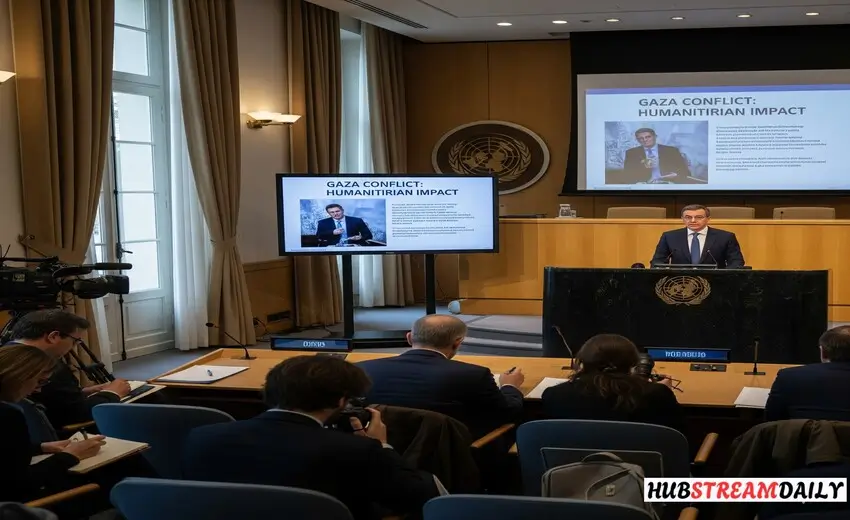
In recent months, a new nightlife trend sweeping through parts of West Africa has sparked both fascination and fury: the rise of “Dior parties.” These gatherings, often hosted by flashy promoters in urban centers such as Abidjan, Accra, Lagos, and Dakar, have become synonymous with glitz, high fashion, alcohol-fueled nights—and controversy.
At the heart of the debate lies one word: twerking. What began as glamorous evenings branded around luxury lifestyles is now accused of promoting indecency, fueling a moral panic, and exposing deep cultural divides across the region.
The Rise of Dior Parties
The term “Dior party” reportedly originated in Côte d’Ivoire and quickly spread through social media, boosted by influencers flaunting designer clothes, imported champagne, and viral dance clips. The parties, often set in elite nightclubs or private villas, are marketed as high-class events where attendees must show off luxury brands, particularly Dior, to gain entry.
Promoters have capitalized on Instagram and TikTok, where videos of women twerking—sometimes provocatively—circulate with captions boasting of “exclusive Dior vibes.” The mix of wealth, music, and sensual dance has turned these parties into must-attend events for the region’s young elite.
But as the videos spread, so did the criticism.
A Clash of Values
In societies where tradition, religion, and modesty still shape social norms, Dior parties have triggered outrage. Religious leaders and community elders argue that these events encourage moral decay. Clerics in Nigeria and Senegal, for instance, have denounced the parties in Friday sermons, calling them “a gateway to promiscuity.”
For many critics, the problem isn’t the brand Dior itself but the behavior associated with the parties. Viral videos showing young women twerking in skimpy outfits while men wave bundles of cash have been widely condemned as “Western moral corruption.”
“It is not just dancing. It is a symbol of excess, of disrespect for African values,” said one cultural commentator in Abidjan. “We are seeing youth obsessed with money and flesh, not education or dignity.”
Social Media Fueling the Fire
What has amplified the scandal is not the parties themselves but their visibility online. In the past, nightlife scenes remained largely confined to clubs. Now, thanks to TikTok and Instagram reels, every provocative move is instantly broadcast to millions.
This visibility has created a generational split. While older West Africans worry about cultural erosion, younger partygoers defend Dior parties as expressions of freedom and modern identity.
“Why should we be judged for dancing? Our parents danced their way. This is ours,” said a 23-year-old attendee in Lagos. “Twerking is just part of the vibe. It’s fun, it’s art, and nobody is forced to join.”
The Economics of Scandal
Beyond cultural debates, there is a commercial dimension to the Dior party craze. Event organizers, DJs, and fashion retailers are making huge profits from the hype. Luxury brands—though not officially linked—are indirectly benefiting from the visibility, as young people spend aggressively on Dior perfumes, bags, and shoes to stand out at these parties.
Bars and clubs report record alcohol sales on Dior nights, with imported champagne and spirits dominating the menu. For promoters, the controversy itself has become free marketing. “Every time people criticize Dior parties, more people want to see what the fuss is about,” one event organizer in Abidjan told local media.
The Backlash: Bans and Crackdowns
Some governments have taken notice. Authorities in Côte d’Ivoire and Guinea have warned event organizers against hosting “immoral gatherings.” In certain cities, police have even raided Dior parties, citing public indecency.
Meanwhile, online campaigns calling for a boycott are gaining traction. Hashtags like #StopDiorParties and #SaveOurCulture trend periodically, fueled by activists who see these events as symbols of inequality and exploitation.
Yet, bans seem to have the opposite effect. Each crackdown makes Dior parties more elusive and exclusive, adding to their underground appeal.
A Deeper Conversation
The scandal surrounding Dior parties may be less about twerking and more about West Africa’s struggle between tradition and modernity. On one hand, youth are embracing globalization, social media fame, and luxury culture. On the other, communities fear losing their moral fabric and identity in the process.
In many ways, the uproar reflects broader questions:
- How should African societies balance cultural values with global trends?
- Where does personal freedom end and social responsibility begin?
- Is luxury-driven nightlife a sign of progress—or decadence?
The Role of Music and Pop Culture
Music is another powerful driver behind the Dior party craze. Afrobeats, coupé-décalé, and amapiano tracks dominate the playlists, many of which explicitly reference luxury brands, nightlife, and sensual dancing. Popular artists sometimes endorse Dior parties directly or indirectly, either by performing at them or sharing clips on social media.
Some musicians see the controversy as a marketing opportunity. “If people are talking about Dior parties, we put it in a song. That’s how culture evolves,” a Nigerian producer explained. However, cultural critics argue that the music industry is complicit in normalizing hyper-sexualized performances and consumerist lifestyles.
Globalization and Identity
Finally, the scandal over Dior parties highlights a broader identity struggle in West Africa. As globalization accelerates, young Africans are blending local traditions with global trends, from dance styles to fashion choices. While this fusion creates vibrant cultural hybrids, it also sparks anxiety about cultural loss.
For some, Dior parties represent a rejection of African identity in favor of Western consumerism. For others, they are a symbol of Africa’s place in global culture—a region not confined to tradition but actively shaping international trends.
This tension—between preserving heritage and embracing modernity—is at the heart of the debate. And Dior parties, for better or worse, have become the battleground.
At Last, The debate over Dior parties shows no signs of slowing down. For some, they are harmless fun—an outlet for creativity, expression, and celebration. For others, they represent a dangerous erosion of cultural and moral boundaries.
What is clear is that Dior parties are more than just nights of music and dance. They are a mirror reflecting the tensions of a rapidly changing West Africa—caught between tradition and modernity, local pride and global influence, restraint and freedom.
As the music continues to play and the videos continue to go viral, one thing is certain: Dior parties will remain in the spotlight, for better or worse.

